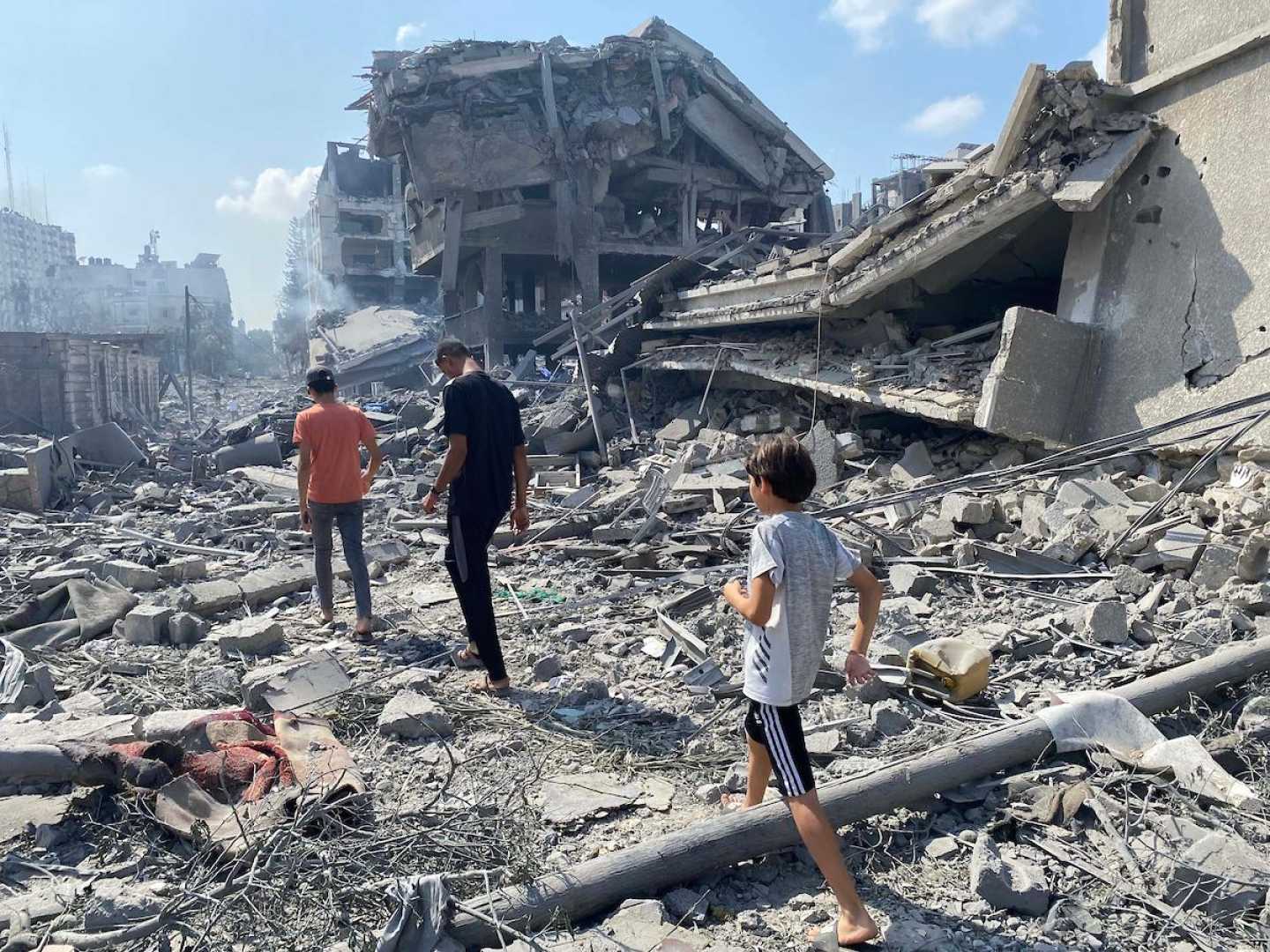News
US Plans Controversial Relocation of Gaza Residents Post-War

JERUSALEM, Israel — The Trump administration is reportedly considering a controversial plan for Gaza that involves the relocation of its entire population, according to a document obtained by the Washington Post. The plan, called the Gaza Reconstitution, Economic Acceleration, and Transformation Trust (GREAT Trust), aims to transform the war-torn region into a more prosperous environment.
Under this initiative, Gaza’s more than 2 million residents would be offered digital tokens and cash payments as part of a promised relocation. Each Palestinian choosing to leave would receive a $5,000 relocation grant, four years of rent support, and one year of food assistance, while also providing substantial savings for the trust.
Critics are already voicing concerns about the plan, which involves the “voluntary” dispersal of residents, potentially leading to long-term displacement. Preliminary writings suggest that 25% of Gaza’s residents could opt for relocation, with up to 75% of those indicating they would not return.
The proposal includes plans for the construction of six to eight AI-powered smart cities in Gaza to support economic revamp, alongside a manufacturing hub named after Tesla CEO Elon Musk. The strategic vision appears to pivot on attracting private investment to fund mega-projects including electric vehicle factories and luxury resorts.
U.S. President Donald Trump, who has defined his vision for Gaza as the “Gaza Riviera,” envisions significant reconstruction, claiming it could enhance Gaza’s value by $324 billion. However, legality concerns over international law and potential ramifications for Palestinian self-determination linger.
The Gaza Humanitarian Foundation, which is connected to this proposal, has faced accusations of being misused for political agendas. Some legal experts argue that any plan preventing Palestinians from returning to their homes would violate international laws, regardless of financial incentives.
The document highlights a master plan to place Gaza under U.S. trusteeship for about a decade while a “reformed” Palestinian governance structure is trained to manage the territory. This ongoing conversation around the future of Gaza continues to draw attention from global leaders, as Israel maintains its own rights for security within the territory.
As the conflict in Gaza persists, the ambitions for reconstruction remain contentious, with numerous stakeholders and affected populations left awaiting the outcomes of this bold proposal.












